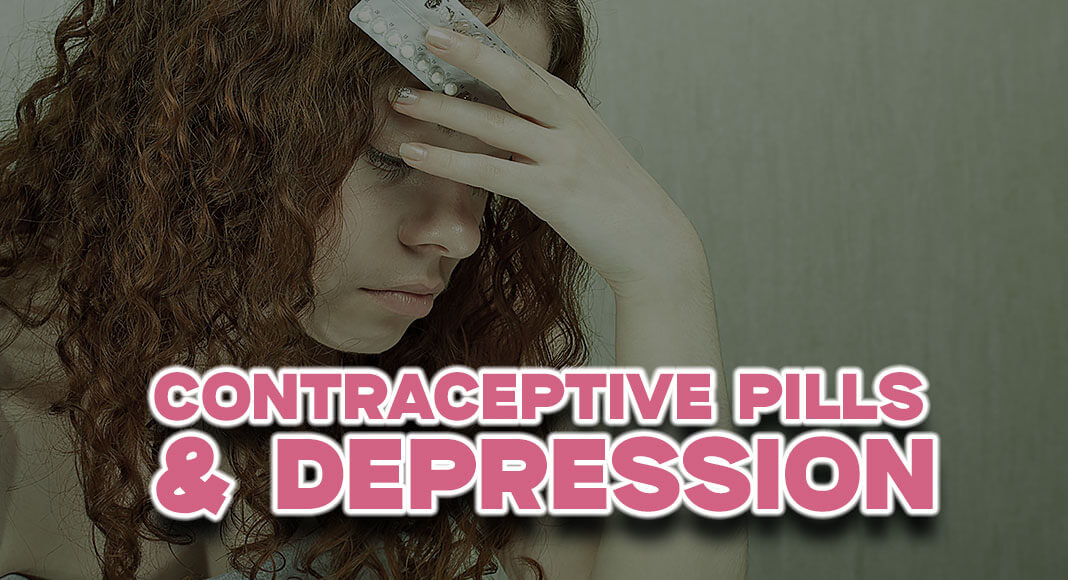
Mega Doctor News
Newswise — From a worldwide viewpoint, depression stands as the foremost contributor to poor health and disability. Over 264 million individuals are impacted, with at least a quarter of women and 15 percent of men encountering a treatable episode of depression throughout their lifetime.
The potential link between contraceptive pills and adverse effects on mental well-being, including the development of depression, has been a topic of ongoing discussion. Despite many women opting to discontinue contraceptive pill usage due to its impact on mood, previous research has not provided a clear-cut understanding of the situation. However, this study, one of the most extensive and comprehensive to date, tracked over 250,000 women from birth to menopause using data from the UK Biobank.
The researchers gathered information regarding women’s utilization of combined contraceptive pills, the timing of their initial depression diagnosis, as well as the onset of depressive symptoms that were not formally diagnosed. The study specifically focused on combined contraceptive pills, which consist of progestogen (a hormone similar to progesterone) and estrogen. Progestogen functions by inhibiting ovulation and increasing the thickness of cervical mucus to impede sperm entry into the uterus, while estrogen thins the uterine lining, making it challenging for a fertilized egg to implant.
Therese Johansson, a leading researcher from Uppsala University’s Department of Immunology, Genetics, and Pathology, emphasizes the importance of providing medical practitioners and patients with information regarding the side effects identified in this study and previous research. While contraception offers numerous benefits for women, it is crucial to be aware of the potential adverse effects associated with its usage.
The study revealed that women who initiated the use of contraceptive pills during their teenage years experienced a 130 percent higher occurrence of depressive symptoms. In contrast, adult users saw a 92 percent increase in the incidence of such symptoms. These findings highlight the potential association between the timing of contraceptive pill usage and the heightened likelihood of experiencing symptoms of depression.
According to Johansson, the notable impact of contraceptive pills on teenagers can be attributed to the hormonal fluctuations that occur during puberty. As young women in this age group have already undergone significant hormonal changes, they may be more susceptible not only to further hormonal alterations but also to the influence of other life experiences. This suggests that the hormonal dynamics during adolescence could contribute to the heightened sensitivity to contraceptive pill effects observed in this study.
Furthermore, the researchers discovered that the elevated occurrence of depression declined when women continued using contraceptive pills beyond the initial two years. However, it is noteworthy that teenage users of contraceptive pills maintained an increased incidence of depression even after discontinuing pill usage, a trend that was not observed among adult users of contraceptive pills. These findings suggest that the impact of contraceptive pills on depression may persist among teenage users even after cessation, distinguishing them from adult users in this regard.
“It is crucial to highlight that the majority of women tolerate external hormones effectively, without encountering adverse effects on their mood. Therefore, combined contraceptive pills remain an excellent choice for many women. These pills offer the benefits of preventing unplanned pregnancies and safeguarding against illnesses that specifically affect women, such as ovarian cancer and uterine cancer. However, it is important to acknowledge that certain women may have an elevated risk of experiencing depression after initiating the use of contraceptive pills.”
The study’s findings underscore the importance of healthcare professionals being cognizant of potential connections between various bodily systems, such as depression and the utilization of contraceptive pills. Based on their conclusions, the researchers emphasize the significance of care providers informing women who are contemplating the use of contraceptive pills about the potential risk of depression as a medication side effect. This highlights the need for comprehensive and informed discussions between healthcare professionals and women regarding the potential implications of contraceptive pill usage on mental health.
Johansson clarifies that the scope of the study was limited to investigating combined contraceptive pills, and therefore, no definitive conclusions can be drawn regarding other contraceptive options such as mini pills, contraceptive patches, hormonal spirals, vaginal rings, or contraceptive rods. However, the researchers express their intention to conduct future studies examining various formulations and methods of administration. By comparing different contraceptive methods, the aim is to provide women with even more comprehensive information to assist them in making well-informed decisions about their contraceptive options. This emphasizes the researchers’ commitment to expanding knowledge in this field and empowering women with valuable information for their reproductive health choices.
Reference: T. Johansson, et al., S. Vinther Larsen, M. Bui, W. E. Ek, T. Karlsson and Å. Johansson. Population-based cohort study of oral contraceptive use and risk of depression [published online June 12, 2023]. Epidemiology and Psychiatric Sciences. 2023; doi: https://doi.org/10.1017/S2045796023000525









